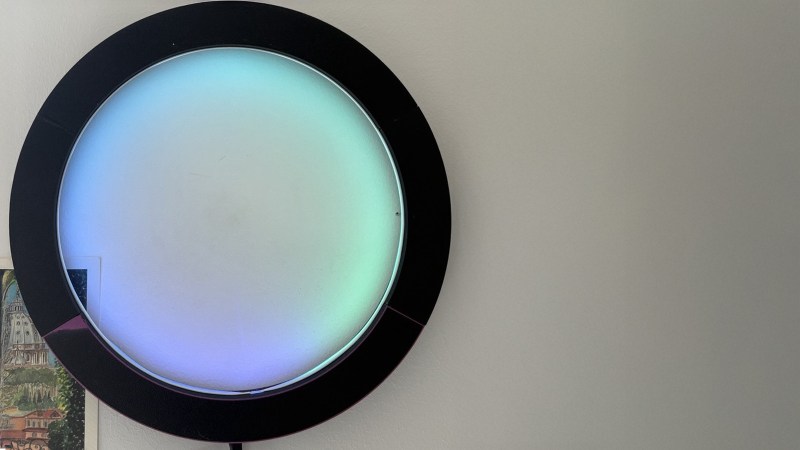Using Google search in 2025 is kind of the same, I guess. They've got some tips like using search operators and content filters. You might want to try those date filters too, if you feel like it. It all seems pretty straightforward, but, honestly, it's not that exciting. Just type what you want and hope for the best.
Yeah, that's pretty much it.
#GoogleSearch #SearchTips #2025Tech #ContentFilters #SearchOperators
Yeah, that's pretty much it.
#GoogleSearch #SearchTips #2025Tech #ContentFilters #SearchOperators
Using Google search in 2025 is kind of the same, I guess. They've got some tips like using search operators and content filters. You might want to try those date filters too, if you feel like it. It all seems pretty straightforward, but, honestly, it's not that exciting. Just type what you want and hope for the best.
Yeah, that's pretty much it.
#GoogleSearch #SearchTips #2025Tech #ContentFilters #SearchOperators
















